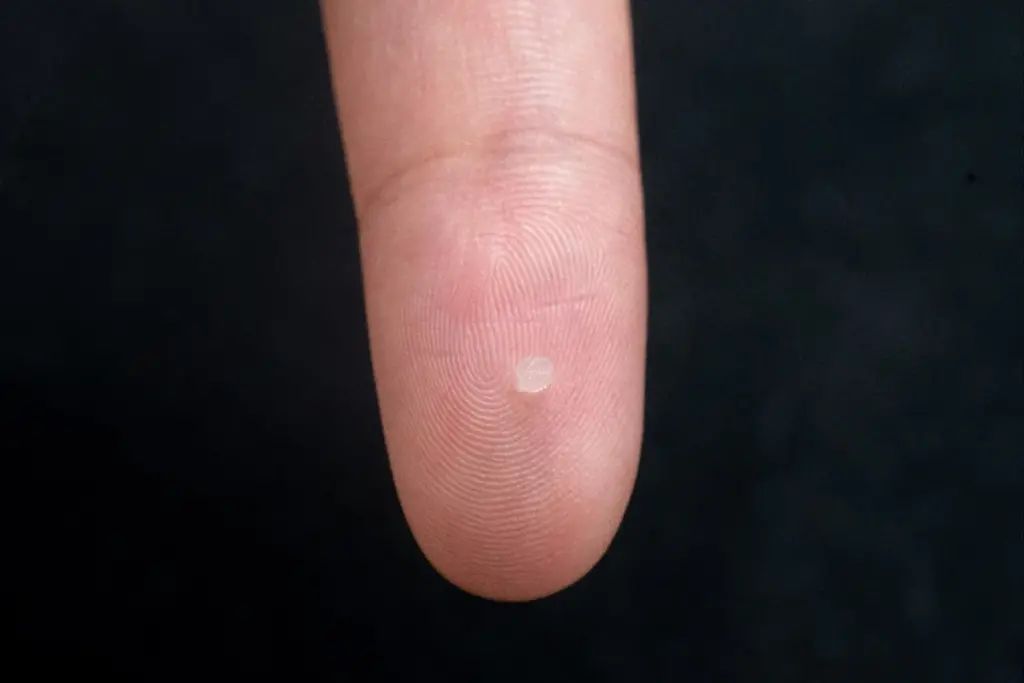18/06/2024
18/06/2024
WUHAN, June 18: A Chinese research team has created a mini injectable ultrasonic sensor for wireless monitoring of intracranial signals, thereby providing an option which goes beyond the limitations of current clinical instruments. The study was recently published in the journal Nature. Physiological data are indicators used to determine the physiological state of the human body, which can help doctors diagnose, treat and detect diseases.

Obtaining accurate physiological data concerning the human body in a safe and stable manner has long been a major focus in the medical monitoring field. The study noted that current wired clinical instruments that use percutaneous leads are susceptible to causing infection and potential surgical complications, while patient mobility is also affected. Wireless implantable devices offer greater operational freedom but were previously subject to problems such as limited detection range, poor degradation and difficulty in terms of size reduction in the human body.
The research team, led by Prof. Zang Jianfeng from the Huazhong University of Science and Technology, developed an injectable, bioresorbable and wireless metastructured hydrogel sensor for ultrasonic monitoring of intracranial signals. According to the study, the sensors are cubes that are eight cubic millimeters in size, and they are made from biodegradable and stimulus-responsive hydrogels and periodically aligned air columns with a specific acoustic refl ection spectrum. Implanted into intracranial space with a puncture needle, the devices can deform in response to physiological environmental changes, resulting in peak frequency shifts of refl ected ultrasound waves that can be wirelessly measured by an external ultrasound probe. (Xinhua)


